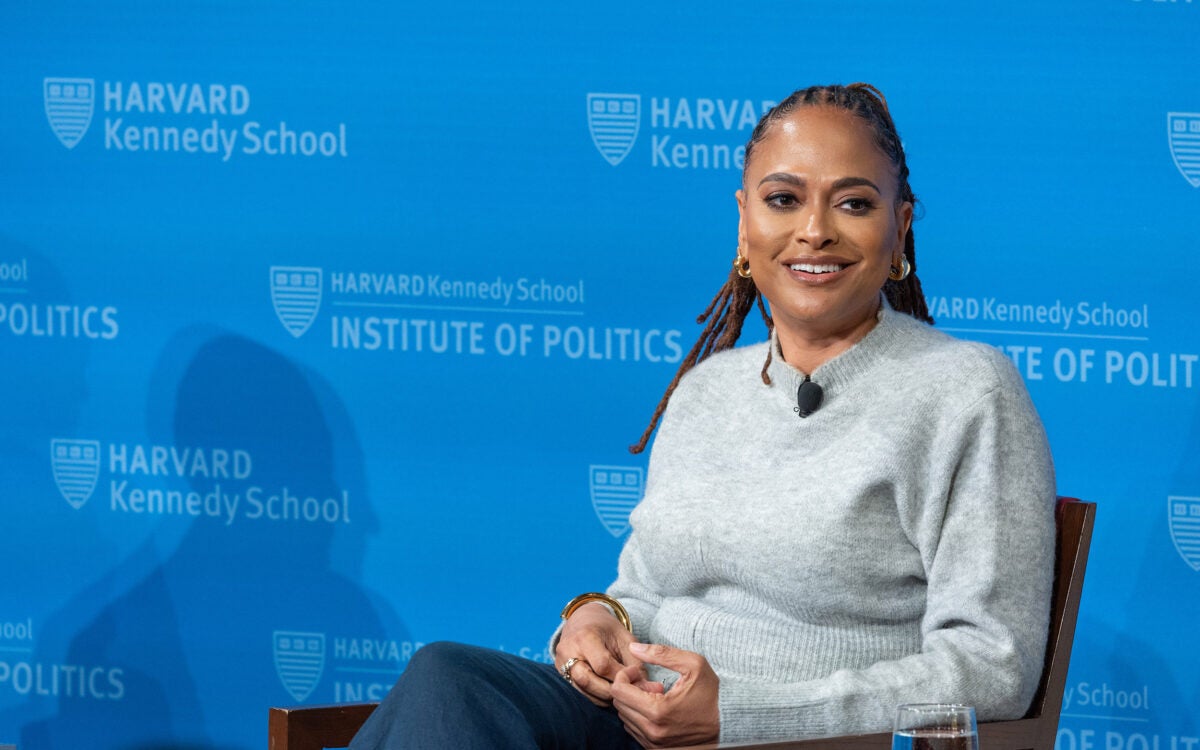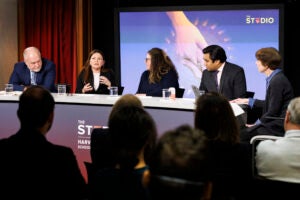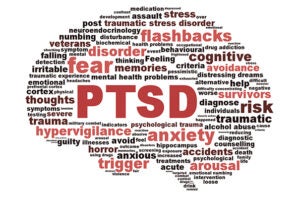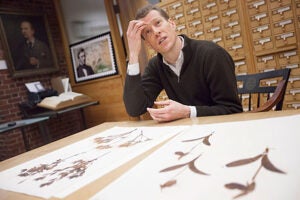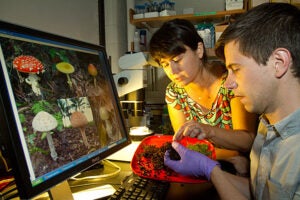Tag: PLoS ONE
-
Nation & World
Uncovering the economics of foot-binding
A recent study is suggesting that the real underpinnings of foot-binding may have been economic.
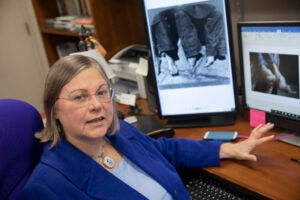
-
Nation & World
Relaxation response proves positive
Relaxation-response techniques, such as meditation, yoga, and prayer, could reduce the need for health care services by 43 percent, according to a Harvard-affiliated Massachusetts General Hospital study that looked at participants in a relaxation-response-focused training program.

-
Nation & World
Meditation may relieve IBS and IBD
A small pilot study by Harvard-affiliated researchers finds symptom improvement and changes in expression of inflammation-associated genes in irritable bowel syndrome and inflammatory bowel disease patients who practice the relaxation response.

-
Nation & World
Hip correction
A new study finds no connection between hip width and efficient locomotion, and suggests that scientists have long approached the problem in the wrong way.
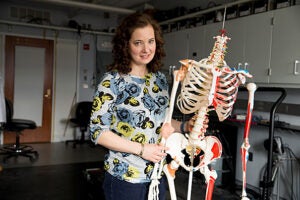
-
Nation & World
Mothers’ brains show similar responses to her baby and her dog
A small study from a group of Harvard-affiliated researchers at Massachusetts General Hospital investigates differences in how important brain structures are activated when women view images of their own children and their dogs.

-
Nation & World
Muting the Mozart effect
Though it has been embraced by everyone from advocates for arts education to parents hoping to encourage their kids to stick with piano lessons, two new studies conducted by Harvard researchers show no effect of music training on the cognitive abilities of young children.
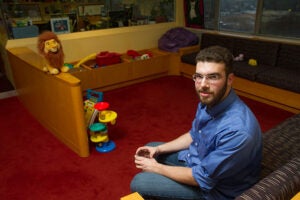
-
Nation & World
What’s in a face?
Using scans of the brain, Harvard researchers show that patterns of neural activity change when people look at black and white faces, and male and female faces.
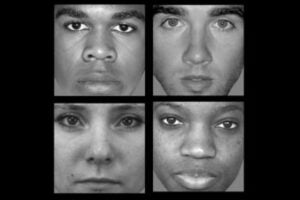
-
Nation & World
When parasites catch viruses
Researchers have found that a protozoan parasite causing an STD that affects a quarter of a million people yearly is fueled in part by its own viral symbiont. Antibiotics that simply kill the parasite are not the solution.

-
Nation & World
When the beat goes off
Rhythm research has implications for both audio engineering and neural clocks, said Holger Hennig, a postdoctoral fellow in the laboratory of Eric Heller in the Physics Department at Harvard, and first author of a study of the Ghanaian and other drummers in the journal Physics Today.
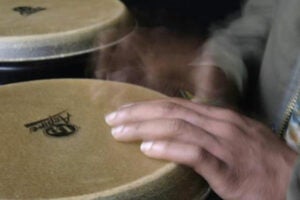
-
Nation & World
New subtype of ovarian cancer identified
Scientists at Dana-Farber Cancer Institute have identified a subtype of ovarian cancer able to build its own blood vessels, suggesting that such tumors might be especially susceptible to “anti-angiogenic” drugs that block blood vessel formation
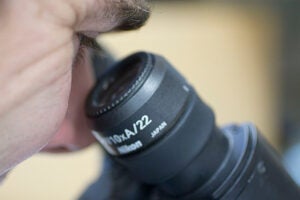
-
Nation & World
New approach to traumatic brain injuries
Bioengineers at Harvard have, for the first time, explained how the blast of an exploding bomb can translate into subtly disastrous injuries in the nerve cells and blood vessels of the brain.
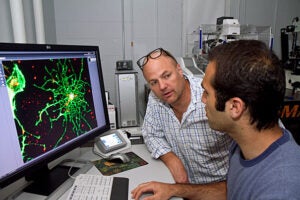
-
Nation & World
Placebos work — even without deception
Patients who were knowingly given placebos for irritable bowel syndrome experienced significant symptom relief when compared with controls.

-
Nation & World
Nearer, better
Through analyzing the locations of authors of academic papers, researchers have determined that physical proximity of collaborators, especially between the first and last author, correlates with how widely the paper is cited.

-
Nation & World
When success spells defeat
Invasive plants are beneficiaries of climate change in Thoreau’s woods.

